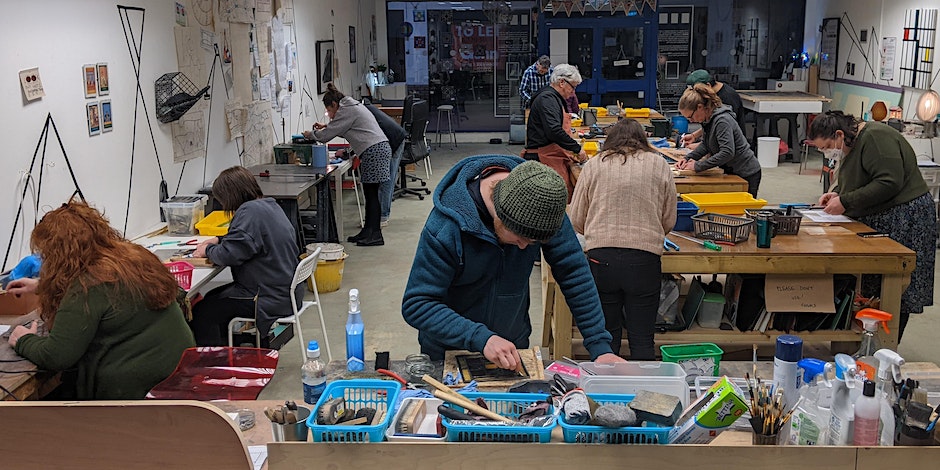
Creative Co-ops for Sustainable Art Practices
In times of economic uncertainty marked by the challenges of the gig economy, pandemic-induced layoffs, coupled with broader financial constraints impacting the arts and culture sector, artists seek more robust economic solutions. The goal is to establish sustainable creative practices, assert the true value of their work, and cultivate collective strength. A pressing need exists for alternative avenues to earn a livelihood as artists, moving beyond the instability of freelancing and the perpetual reliance on fundraising and grants.
One viable option to construct alternative economic frameworks is through cooperatives (co-ops). These are entities collectively owned and managed by their members. In conventional businesses, workers exchange their labour for wages or salaries, with profits flowing to owners or investors. In a cooperative, however, the workers double as owners, distributing both the risks and rewards among themselves. Moreover, the decision-making process is collaborative, allowing for collective determination of operational strategies.
While the concept of a co-op may be unfamiliar to many artists and creatives, it serves as a proven path for numerous individuals working collaboratively.
Brian Morgan set up a creative co-op in Glasgow and has researched their impact across Scotland. Here he offers some examples of creative co-ops, shares lived-experience of the operation of such an entity and points the way for artists/creatives interested in the idea to access practical help through Belfast City Council Social Enterprise and Co-operative support programme. Brian is an associate of Co-operative Alternatives aiming to build the number of creative co-ops in Belfast.

 The Future's Already Here - Conference 15th Nov 2024
The Future's Already Here - Conference 15th Nov 2024  Social Economy Incentive Fund 2024
Social Economy Incentive Fund 2024  Happy New 2024!
Happy New 2024!